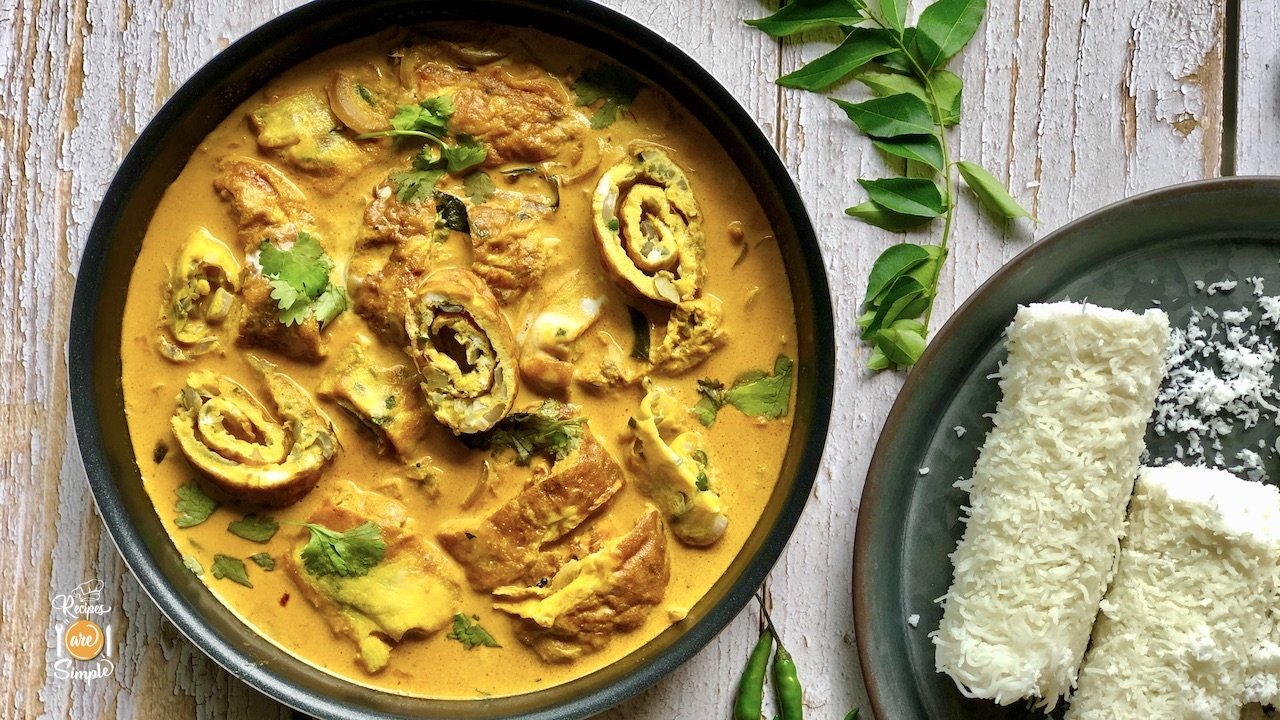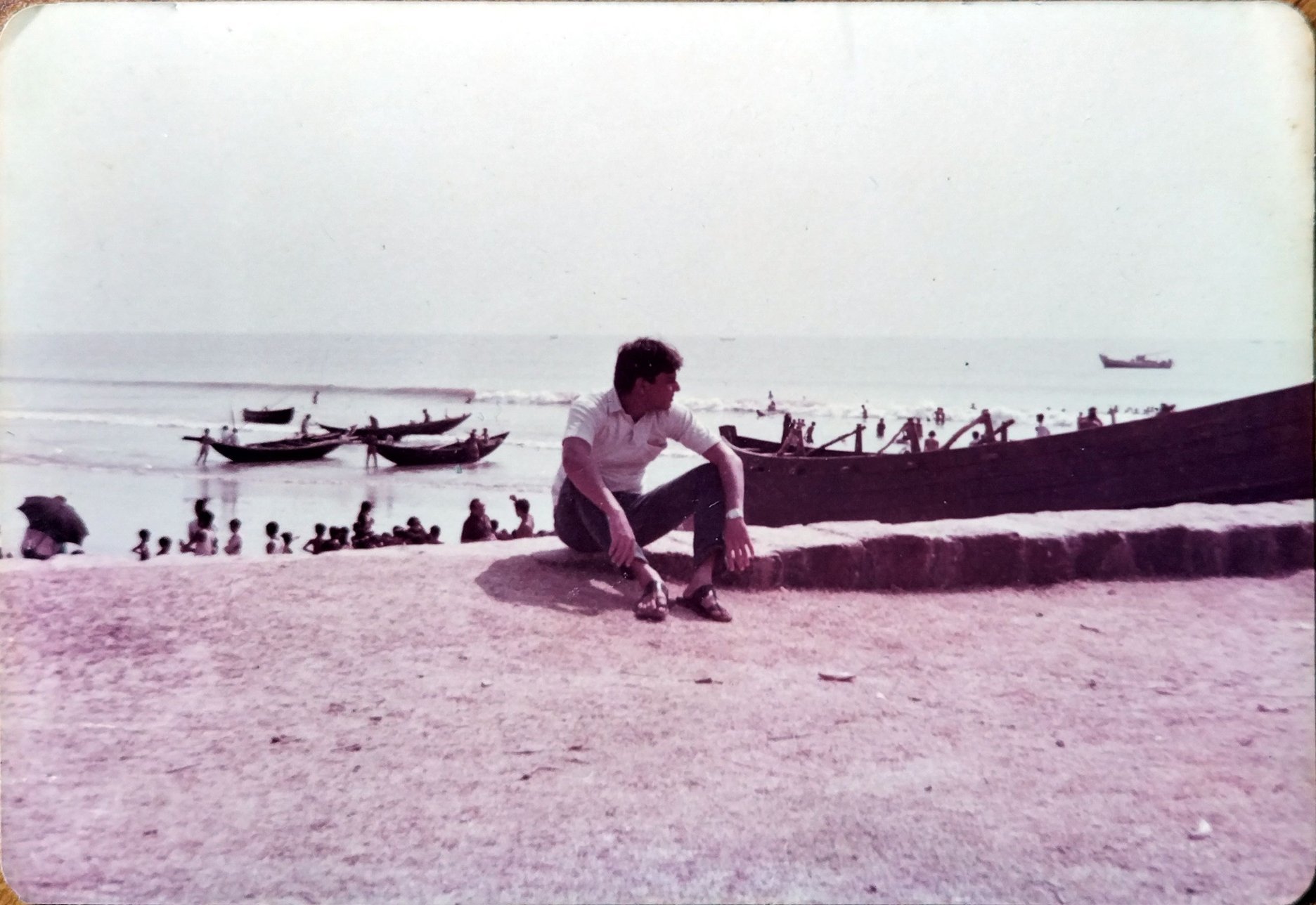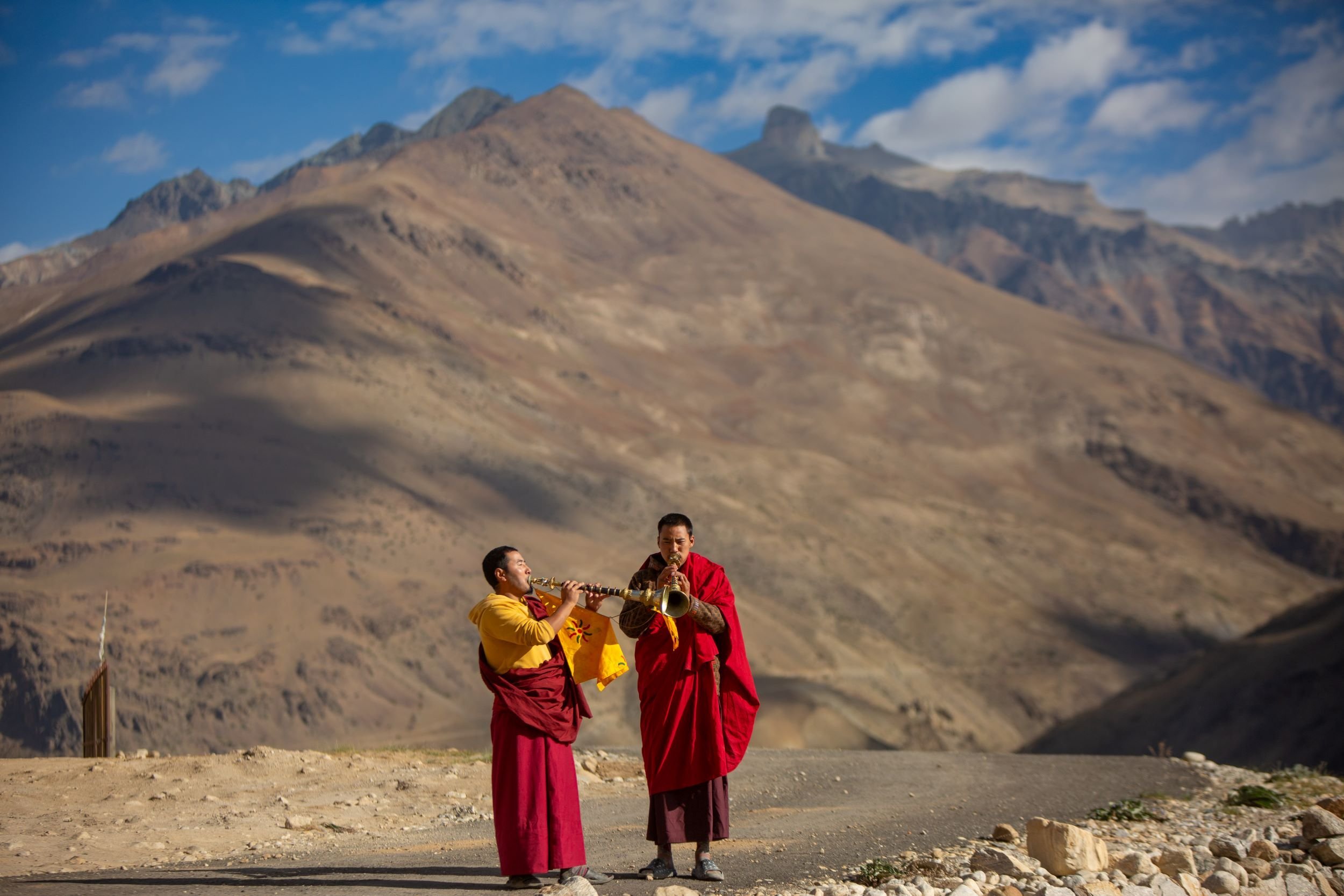Rioter: The Story of One Man's Hunger

Set in the 1984 Sikh genocide, Radhika Oberoi tells the story of one man’s hunger.
Excerpted, with permission, from the novel Stillborn Season published by Speaking Tiger Books. You can purchase the book online HERE.
Hari washed his hands carefully at the tiny washbasin in the courtyard. He wanted to get rid of the day’s grime before he ate lunch. He looked around and noticed that everyone else was already sitting cross-legged on the floor, bent over thalis of dal and rice, running their fingers through the liquefied mess to scoop out small mounds of food, which they hurriedly put into their mouths. Filthy fingers, which no amount of soap could clean, thought Hari as he scrubbed his hands under the brownish trickle of water. He was not particular about hygiene—he lived in a basti where the communal taps usually ran dry and an out-of-season cloudburst provided him the only opportunity for a bath that could wash away the congealed sweat of a prolonged summer. But he was glad that the blood that was drying into a crusty membrane, like a second skin on his palms, disintegrated the moment he scrubbed it with the half-melted piece of soap.
This lunch was his first substantial meal after months of scavenging for food in the city’s garbage bins, overflowing with the greasy refuse of the well-fed. He was hungry—he was always hungry—but the sight of the thali with its gentle dunes of rice soaked in dal, and its piles of deep-fried vegetables on the side, stoked his appetite with an urgency that made him rush through his ablutions. There was no biryani, as far as he could see, no mutton curry, no fried parts of either bird or animal. Of what use are sleepy rioters, he thought. The meal was meant to nourish them for the work that lay ahead; it was not meant to swell their tummies with rich gravy. He would have to wash up quickly—what if the food ran out? He had killed for this meal, and he was prepared to die, but only on a full stomach.
The curfew had just been lifted, and this was a good day to kill all the Sikhs who had dared to open their shops, their karkhanas, their hotels and dhabas. He wondered how many areas they were expected to cover after lunch, as he rolled up his sleeves in anticipation of the meal and squatted on the floor with the other men. He was served lunch, finally, by party-workers who shovelled rice out of a brass pot and dropped it into his thali. He ate the food with a barbarity he had reserved for later, when he would pay for this meal by dragging a Sikh, or the son of a Sikh, out of his house and set his hair on fire. Or burn the tyres of a bus as a warning to those who ventured out on the street. But for now, he was just a labourer, a contract-worker who had toiled through the day to earn this meal.
The soft mouthfuls of rice and dal reminded him of the meals his mother had once cooked. He remembered sitting on the floor of their mud hut with his brothers, sifting the rice on his thali with fingers caked with the filth of an afternoon spent burrowing through wheat fields, demolishing anthills, building mountains and valleys with the dark soil of his village. His hands were cleaner then, even though they were unwashed, he thought, as he licked a morsel off his fingers. He wondered if his mother would be horrified at the sight of him, sitting on the floor of a stranger’s home, eating with a group of people he barely knew, but with whom he shared a common guilt.
Hari noticed that they were seated in neat rows similar to the ones that are formed at a langar. The prosperous and the poor, the fortunate and the wretched, the virtuous and the wicked—everyone sat and ate together at a langar. He had eaten at many, especially on days when he had spent his daily wage on a pack of beedis and a bottle of tharra. He recalled now, as he slurped the watery dal on his thali, the gurdwara’s rich fare—a thick dal that was a mix of black gram and chickpeas cooked in pure desi ghee, spiced with cinnamon and cloves.
A sudden shame came over him and he felt his appetite vanish. Those langars had nourished him on days when the tharra burned his empty stomach. The meals, lovingly cooked by devoted Sikhs who recited favourite passages from the Guru Granth Sahib, or sang in praise of their Guru as they cooked their aromatic curries, would lull him into a pleasant slumber after a day spent carrying bricks or shovelling gravel. He had cut the very arms that had stirred simmering cauldrons of gravy and had fed him. He had slit the very throats that had recited the Japji Sahib or the Kirtan Sohila and had eased the fretful throb in his head, as he sat eating in a crowd of hungry believers.
He quelled the guilt with another mouthful and forced himself to focus on one of the party-workers who had stood up to address the group of men. They were to finish lunch as quickly as possible and move towards the centre of the city. They were to bring buses to a halt, and look for Sikh men crouching under the seats. If the conductor or any of the passengers tried to protect Sikh co-travellers, they were to burn the bus down.
When they reached Connaught Place, they were to break into all the garment, leather, and hardware stores owned by Sikhs. They were to deface that translucent pearl that lay in the heart of Connaught Place—Capital Residency, a glittering new hotel that was owned and run by an enterprising Sikh. They were to erase him. They would be paid at the end of the day for their work. Hari wanted to know if there was a rate the party-workers had arrived at—a few hundred rupees, at least, for every murder. But the amount was left unsaid; Hari’s fingers worked furiously at mixing the dal and rice in his thali.
He chewed slowly as he evaluated the murders he had committed before lunch. He, and a few co-rioters had killed a young bridegroom, whose long hair, oiled by the loving fingers of a crowd of aunts, had caught fire easily. The bridegroom was sitting bare-chested and cross-legged in the verandah of his home, the soles of his feet dyed with henna, his hair coiled into a tight bun, waiting to be bathed in milk and turmeric before the wedding ceremony, when Hari had broken in with the rest of his gang. He had paused only for a few seconds to take in the loveliness of the tiny flat—the courtyard fence festooned with a few auspicious yellow and orange marigold strings—markers of subdued festivity in a city alight with funeral pyres. A turbaned uncle beat a dholak, loudly enough for a group of women to dance to its wayward rhythm, but not with the usual boisterous persistence that would have stirred and entire neighbourhood into joining in. The lifting of the curfew had obviously calmed this family; it had chosen not to postpone the wedding of a beloved son. Here they were, chachas and chachis, mausas and mausis, their hands on their thick waistlines, their bodies shaking to Punjabi songs that ended with a happy ‘Hai Shava!’ Here they were—demented relatives and a few neighbours—deaf to the cries of the dying, to the wails of the bereaved, as though the rioting of the last few days was already a distant memory. He would destroy the fragile beauty of the flat with oil and burning tyres, until even the embers had died.
He had wrestled the bridegroom to the ground. His gang members had pinned the boy’s thrashing arms and legs to the verandah’s uneven concrete. They had torched his hair with a matchstick. They had poured kerosene over his body, already slick with oil and a paste of chandan. Hari remembered how a heaving mass of bodies, draped in silk and clammy with the exertion of too much dancing had tried to wrench the rioters away from the bridegroom. But the young boy had burned readily, like an incense stick exuding chandan before shrivelling up.
Hari had also plunged a dagger into the bridegroom’s chest before a wailing aunt could throw herself on the writhing body. The body was stilled but the wailing only grew louder as Hari and the other rioters left the house to find someone else to slaughter. The neighbourhood was predominantly Sikh and it was easy for him to find men he could butcher—they had been instructed to spare the women—but he had managed to murder only one other person. A septuagenarian who lay on a charpoy in the sunlit balcony of his home, who couldn’t get up and run when Hari jumped across a wall and hoisted himself onto the balcony. The old man dropped his cup of tea—it stained his kurta before the blood did when Hari slit his throat with a dagger. He managed to gasp a final ‘Wahe Guru’ before dying.
The crashing of the teacup brought an elderly woman to the balcony. When she saw her husband with his throat slit, she howled in a brief spasm of grief, her body swaying from side to side, before running down a narrow flight of stairs with a teenage boy.
‘A grandson,’ Hari muttered, walking through the house, searching for other Sikh relatives lurking in cupboards and wooden cabinets. But he didn’t chase the two of them—he knew they would not get very far; someone else from the gang would grab the boy and burn him alive on the street. Two easy murders, Hari thought, as he continued to eat. He would be paid a few hundred rupees only, unless he could kill more Sikhs after lunch.
The food was making him drowsy, and he longed for a nap. Maybe—the scavenger in him thought—he would not have to kill anyone now. There would be enough bodies strewn on the streets anyway; he could simply search the mass of putrid flesh for broken arms or legs or even whole heads that had been hacked. He could put the severed body parts in a sack and show them to the party-workers, demanding at least three or four thousand rupees for the thoroughness of the murders. Were body parts enough proof that whole Sikh men had been butchered? The party workers had not bothered to tell them.
He didn’t really want to kill any more.
Hari wondered if they would be offered a cup of tea in the evening, after they had ripped open Connaught Place and picked at its entrails. He looked forward to his next break. But, before that, there was work to be done. And money to be earned—enough money to buy tharra every day and have it with deep-fried pakodas.
Banner image credit naujawani.com
ALSO ON THE GOYA JOURNAL







